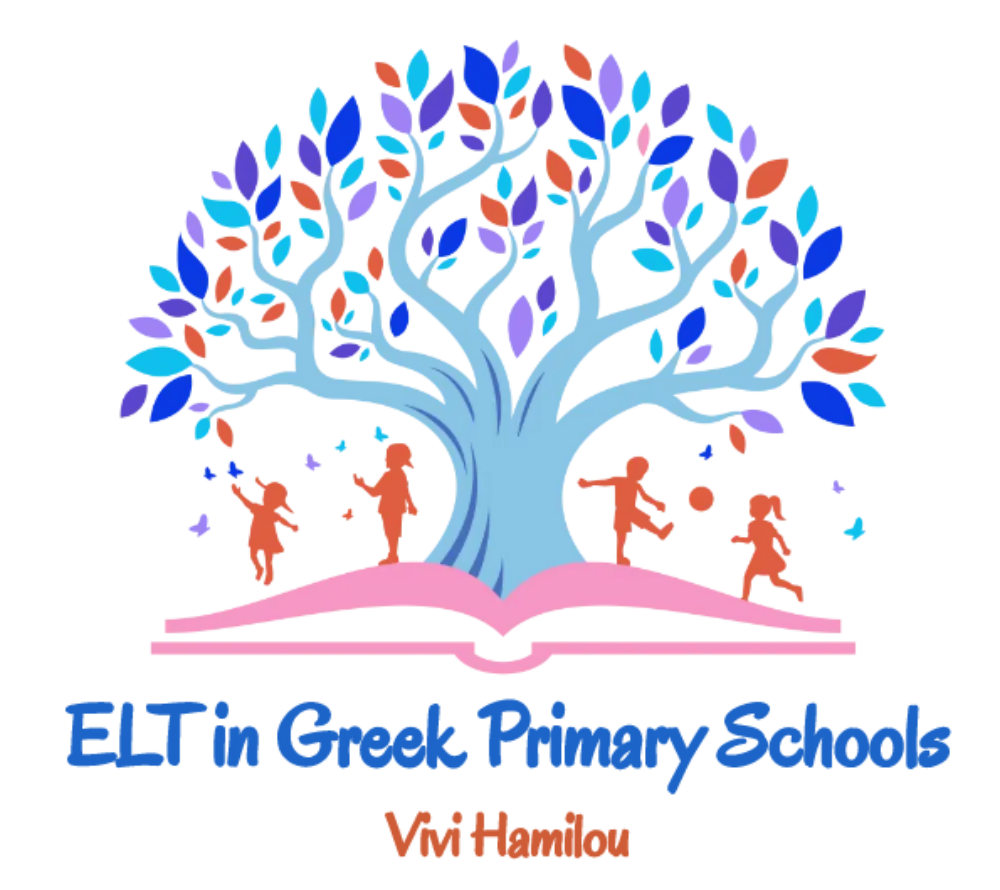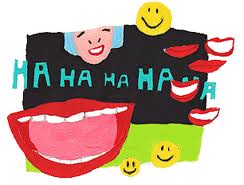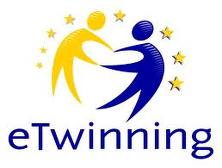CARNIVAL IN GREECE

Since the beginning of this school year the learners in the Primary School of Pteleos exchange presentations of national customs and traditions with other European Primary Schools. Here is what our 5th graders wrote about the Carnival celebrations in Greece.
CARNIVAL CUSTOMS AROUND GREECE
by Kosmas Gourgiotis
Naoussa. In Naoussa, every year people celebrate the custom of “Yenitsari” and “Boules” which has its roots since when Greece was under Turkish occupation. Yenitsaroi are men dressed in traditional Greek costumes and Boules are also men dressed-up as women. They all wear masks.
Halkidona. In New Halkidona, in Thessaloniki, Greece, people celebrate the Carnival playing yogurt fights. They throw yogurt at each other!
Skiros. In Skiros, people celebrate the custom of “the old man of Korela”. They wear the traditional costume of the sheppard and they hang big bells around their waist.
Naxos. In Naxos, men wear traditional Greek costumes and go around the neighborhoods and sing.
Galaxidi. People in Galaxidi have a strange, but funny carnival custom. On Clean Monday they throw flour and ashes at each other, so they turn white and in a minute they’re all covered in black! It is a very funny tradition and many people visit Galaxidi to participate in this traditional game!
Patra. Patra is one of the famous destinations during the carnival. People in Patras participate in a long carnival parade, dressed up in different costumes. There is also a treasure hunt game!
Clean Monday
by George Papargiris
Clean Monday is a big celebration in Greece. People eat seafood and vegetables. This day in the morning the people go in the countryside or the mountain and they fly a kite. They have a picnic there. Clean Monday is a very good and enjoyable celebration. Children usually have lots of fun!
Clean Monday
by Danae Xiromeriti
Clean Monday is the opening day of the fasting for the Greek Orthodox Church and it means the end of the Carnival. It was named like this because the early Christians used to clean their body and soul on that special day, preparing themselves for the Easter holidays. Fasting lasts 40 days, the same as the days Jesus spent in the desert. On Clean Monday it is common that we eat ‘lagana’, which is a flat loaf of bread, and beans soup without oil. Traditionally, it is the last day of the year we can dress up for the carnival and we go out and fly kites. Clean Monday is celebrated 48 days before Easter. For more information, you can visit: http://en.wikipedia.org/wiki/Clean_Monday
GAΪTANAKI
by Valentina Velikova
Gaitanaki is a traditional Greek dance that we dance during the carnival. It is a colourful and funny dance!
We need 13 people for this dance! One person is holding a wooden pole with 12 ribbons hanging from its top. The ribbons have different colours and every person is holding a ribbon.
When the music begins, the dancers move towards the pole, go under the other dancer’s ribbon, move far from the pole and then towards the pole again! A colourful braid is created on the pole when the dance finishes.
This dance is a symbol of the circle of life. We move from happiness to sadness, from winter to spring, from life to death and the opposite!
A CARNIVAL GAME
by Danae Xiromeriti, Helen Kaltsouni and Helen Alamanioti
During the carnival Greek people organize many games for children to play. Sometimes they win and sometimes they lose! Sometimes they dress up, and sometimes they don’t!
Valmas was a game that was played in the village of Penia. There were two teams and each one was tied on each side of the rope. The winner was the team that dragged the other team towards its side. It was a special game because after the game they had funny dialogues, like a play.
CARNIVAL IN PTELEOS
People celebrate the carnival all around Greece. In our village, the carnival celebrations take place on the last Sunday of the carnival period, just before Clean Monday. This year, we celebrated the carnival in the central square of our village on March 6th.
The celebration this year was great! The local choir sang beautiful traditional songs. Our school participated in the celebrations, too! Our PE teacher, Mrs. Despina Founta, taught us the traditional dances. We danced the traditional ‘Gaitanaki’ and the ‘Pepper’ song, which was a lot of fun. We also danced some other Greek traditional songs.
A great party followed our presentation of the dances and in the end we burnt the king of the carnival in a big fire that people lit in the central square.





